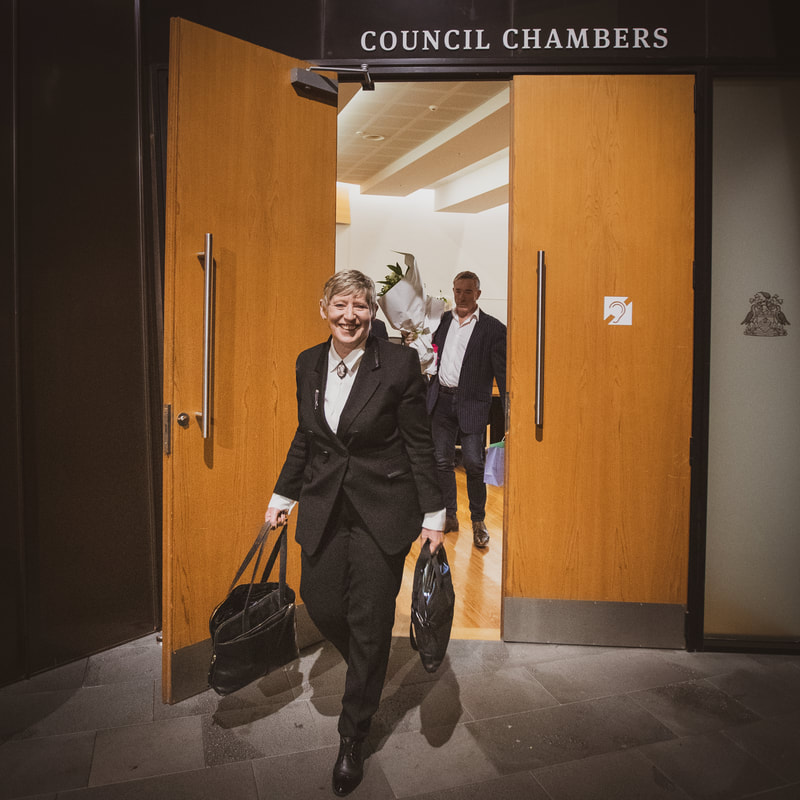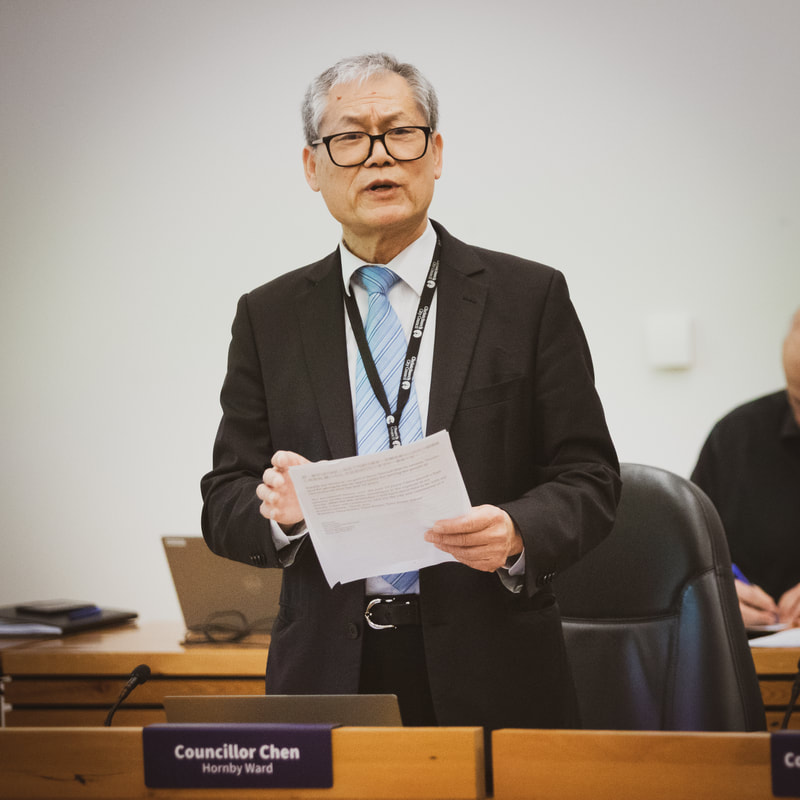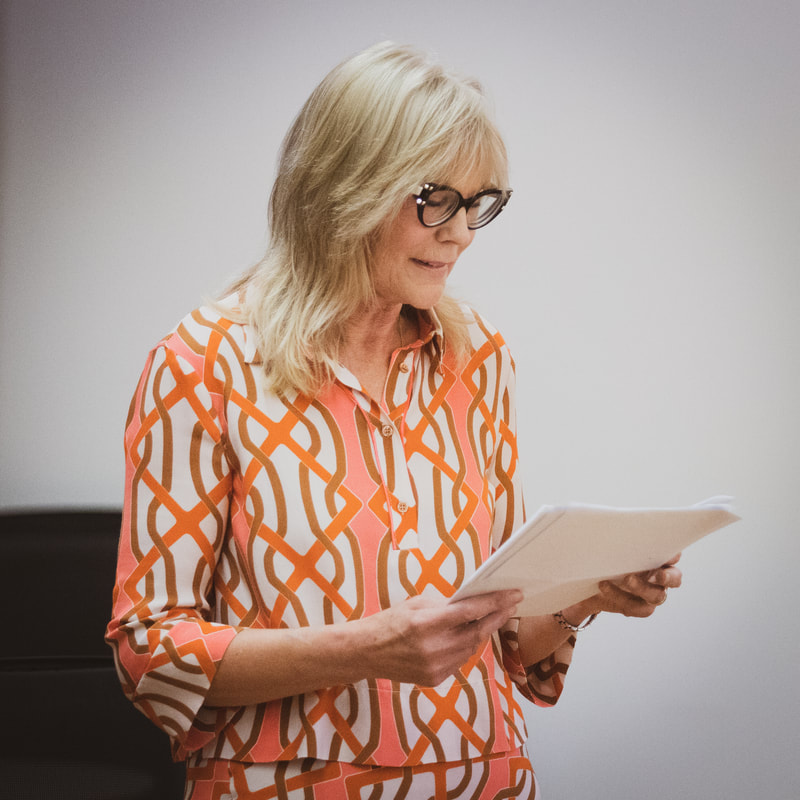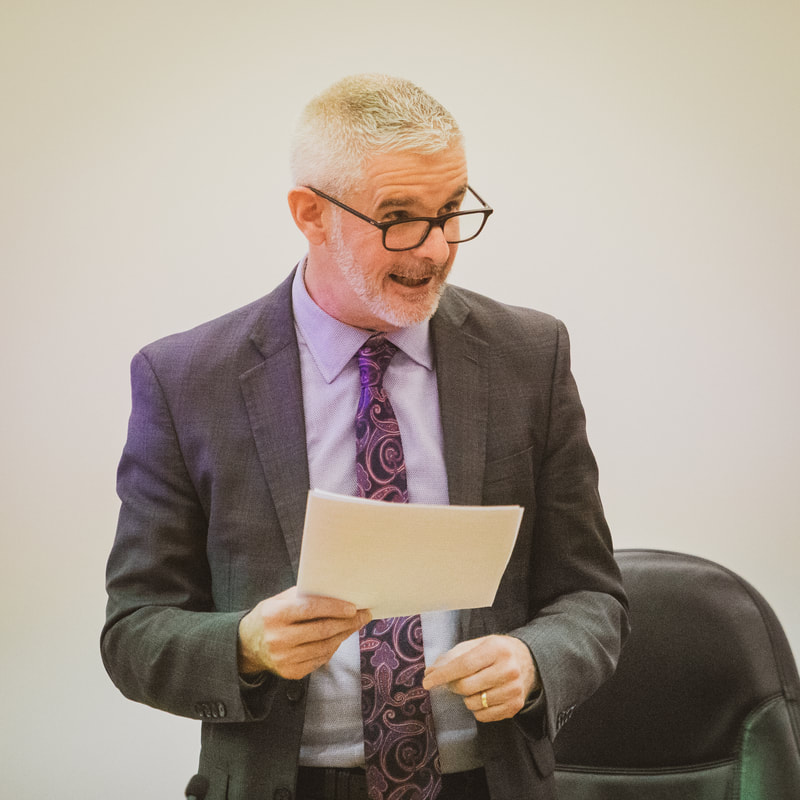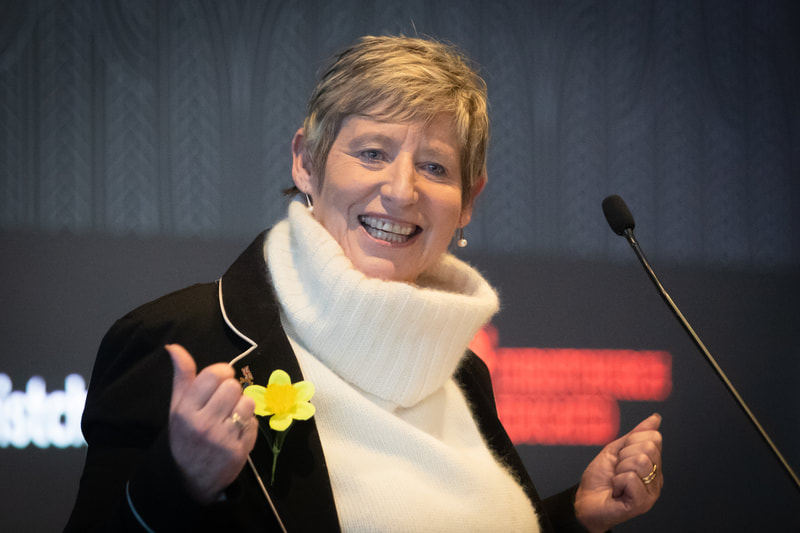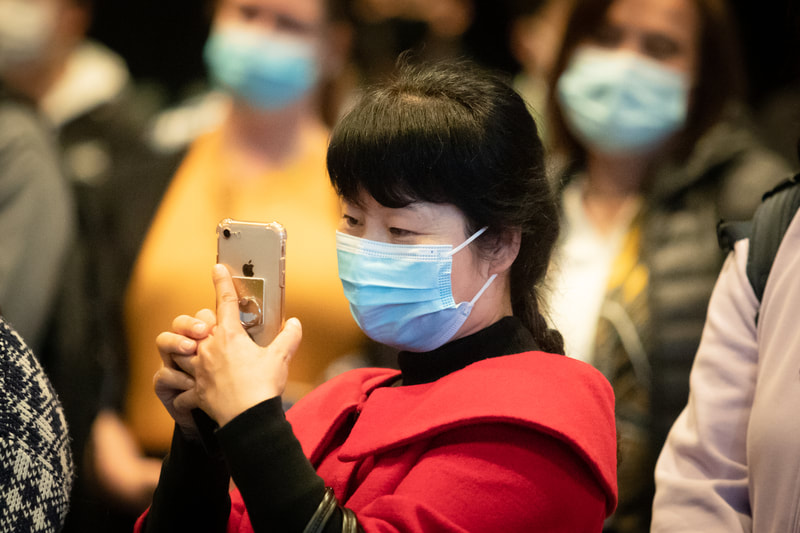It has been hard to think of the words to say, because I wanted to start with thanking the person who gave me the confidence and strength to run for this role in the first place, but he is not here.
Rob didn’t want me to run for Mayor. He knew how devoted I was to my electorate, and he was confident that I could continue to make a difference as a Member of Parliament and potentially serving as a cabinet minister again.
I was told by a sitting councillor early in 2013 that he had included me in a poll that he was running to test his own candidacy. This produced a result that showed he could win – but I was already well ahead right across the city. I said I wasn’t going to run and would happily support him.
Then he pulled out a couple of months later. And the rest is history.
Running independently was important to me. And so was having councillors that could support me transitioning to the role in local government where I had not served.
Vicki Buck was key to the local govt background as a former Mayor, and Raf Manji gave me the confidence in the financial space I needed. As it turned out I needed that more than I knew given what we faced when we arrived.
I won’t go over the details again other than – a $400m hole in the budget, insurance claim nowhere near settlement and massive commitments regardless of insurance settlement which meant the public had huge expectations and no idea that we had no budget to pay.
That’s why the first term was based on getting the books in order.
I knew back then that the Mayor needed to be someone who could reach out and unite a divided city. I had demonstrated that as a cabinet Minister working on major reform on a bi-partisan basis working closely with the opposition spokesperson who then became Minister while I chaired the select committee completing the reforms I had started.
This is my preferred model of working and always has been. It does mean compromise and requires trust.
I learned quickly that Council was very different from government.
I remember asking John Key how it would be if Cabinet papers were published a week before the cabinet meeting, there was ill-informed commentary on the decision you were going to make for a week, the cabinet meeting was live-streamed, and then the one person who disagreed led the news that night.
I am not for one minute challenging the transparency and accountability that councils operate under.
Prime Ministers can rely on Cabinet collective responsibility.
Mayors cannot.
That is why I have always sought to find compromises – preferring a win win.
And it is why I haven’t always voted, because the Mayor needs to speak for the Council decision whether I personally agreed or not.
Looking back over 9 years bookended by the government’s earthquake recovery model that put a government dept in charge of major city functions and a global pandemic which has disrupted the ambitious plans we had for this term, we have had to face serious challenges – flooding, fires and of course the tragedy of March 15.
Although I will never forget the 51 shuhada, their families and all those injured and affected by what they saw that day, it is the response that I will always hold dear to my heart and something that represents the pride I have in our city in times of crisis – the way we come together and support each other no matter what.
And that’s why Covid has been hard. We have needed to isolate ourselves and that has caused a lot of distress.
Having said that I have felt a real sense of privilege having been the Mayor of the city where I was born and raised.
I feel that I have made a difference, and I want to thank all of the councillors who have supported me in my role over the past three terms.
I also want to acknowledge the Council staff. It’s a strange world that says we have one employee – the number of people who have said hi boss in the lift makes me smile. But we around the council table do have responsibilities for the staff. Because what we say and do and post on our facebook pages can impact heavily on those who can’t answer back.
I have always taken my governance role seriously, until I walked into the planning team the other day after I had been on morning report saying I regretted we couldn’t notify a plan change to protect our trees. I said to them I know I’m not following process, but could we?
They said leave it with us. By close of day, I had an amendment which council approved the following day.
I use that as an example of the people who walk into this building every day determined to serve their fellow citizens in the best way they can.
Ithank you for everything you do for us.
Thank you to the team that makes up the office of the Mayor, the CIR team, the media team, the legal team for a whole lot of reasons (Ian Thompson) – I have appreciated your support.
Thank you finally to the thousands of people who have voted for me over the three terms. And also those who have offered words of support and encouragement everywhere I go. It has been truly humbling to feel that level of support.
When I started I said I had enormous optimism for the city and I leave with the same sense of optimism. We have turned the corner, however our experience is a salutary reminder to everyone that you never know what lies around the corner.
I wish the next Mayor and council well, and good luck to all my colleagues putting themselves forward again to serve your communities and this amazing city and district.

